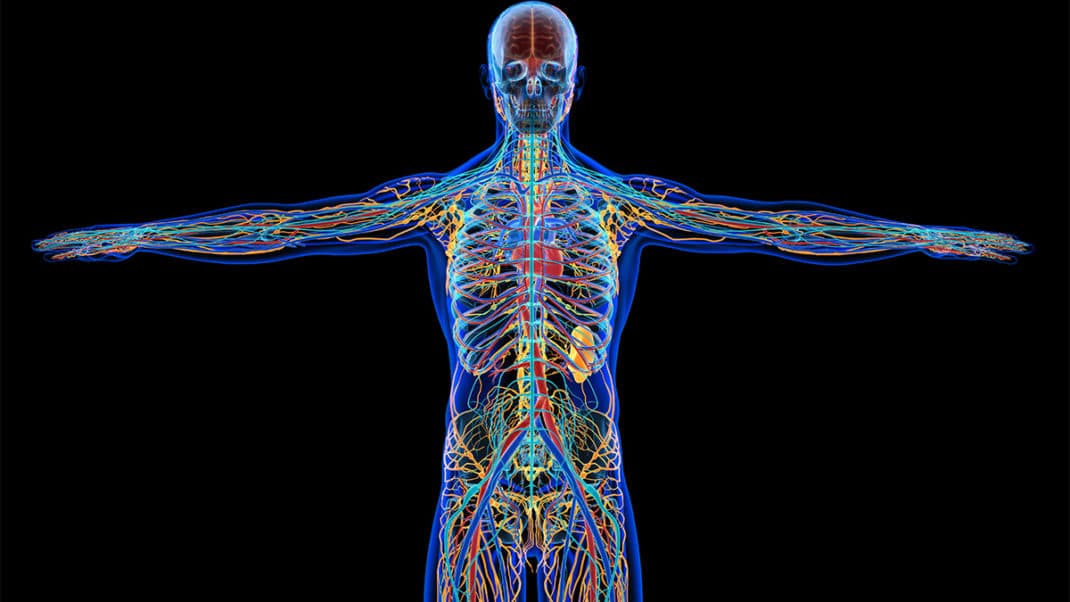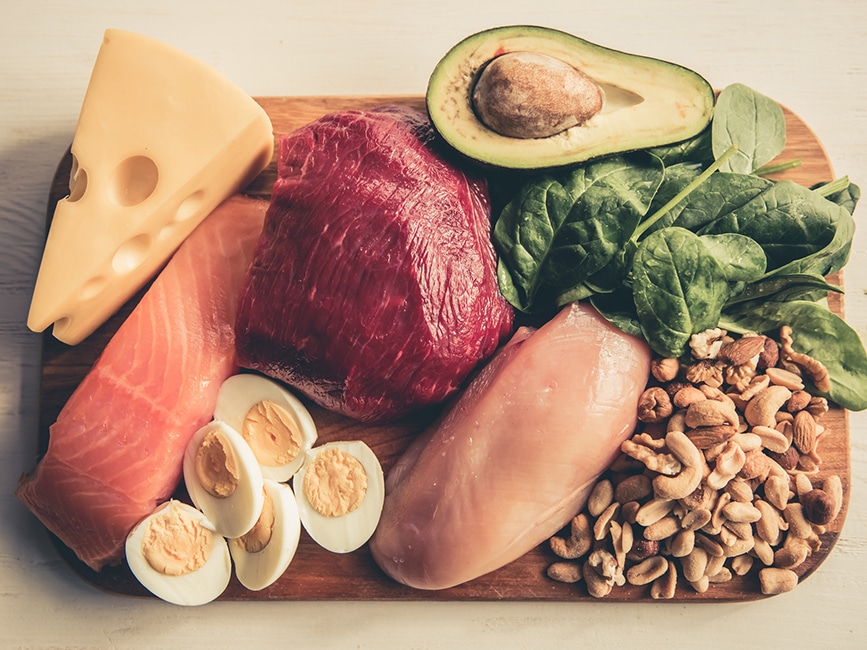Office Food is a Job Perk Worth Declining
Workplace food scores low points for nutrition.

From free subs at meetings to birthday cupcakes to vending machine selections, workplace food plays a significant part in the American diet, says a study funded by the Centers for Disease Control and Prevention and published in the Journal of the Academy of Nutrition and Dietetics. Using surveys from 5,222 employed adults who logged everything they ate at work over 7 days, researchers found that nearly a quarter of them obtained food directly from their workplace. That would not be a concern if workplace grub consisted of vegetables and whole grains, but people most often ate foods high in sodium, saturated fats and added sugars (pizza, sodas and cookies, for example).
Respondents took in an average of 1,292 food calories at work each week, much of it for free. Since food quality at the office tends to be poor and people generally spend a lot of time there, your clients’ nutrition education should include strategies to limit the damage. Remind people to brown-bag their lunches and scout out less hazardous options in the vending machines.
Matthew Kadey, MS, RD
Matthew Kadey, MS, RD, is a James Beard Award–winning food journalist, dietitian and author of the cookbook Rocket Fuel: Power-Packed Food for Sport + Adventure (VeloPress 2016). He has written for dozens of magazines, including Runner’s World, Men’s Health, Shape, Men’s Fitness and Muscle and Fitness.





